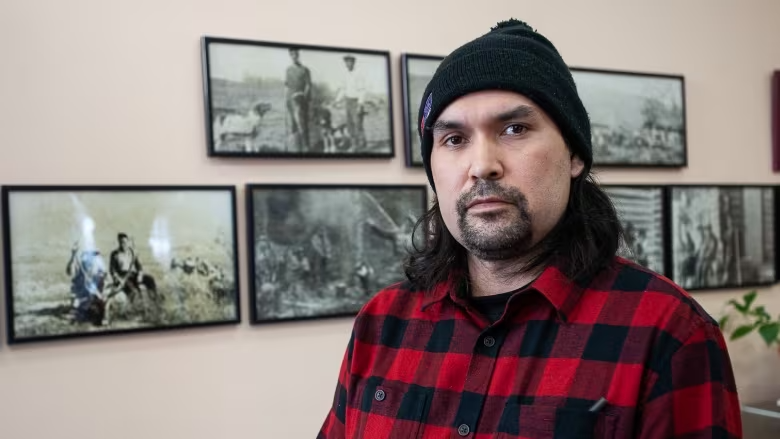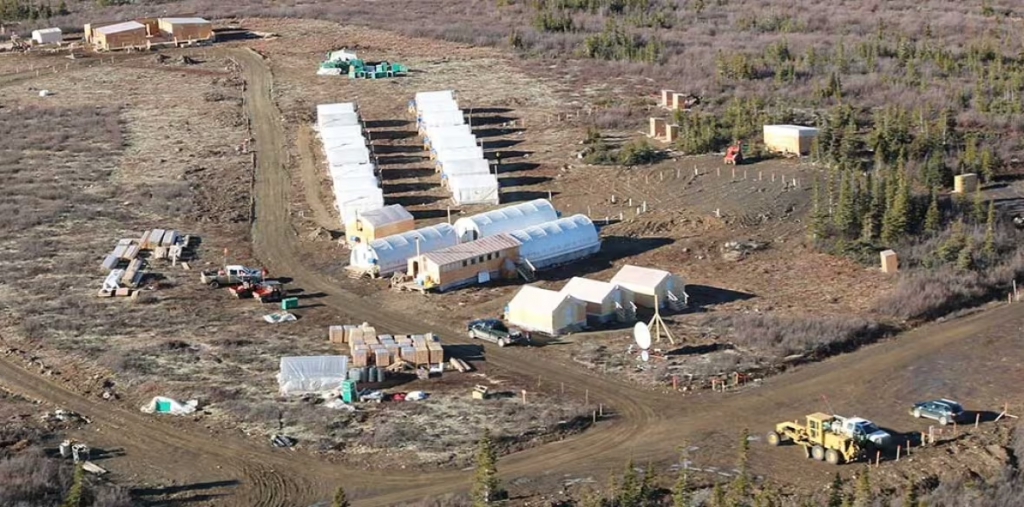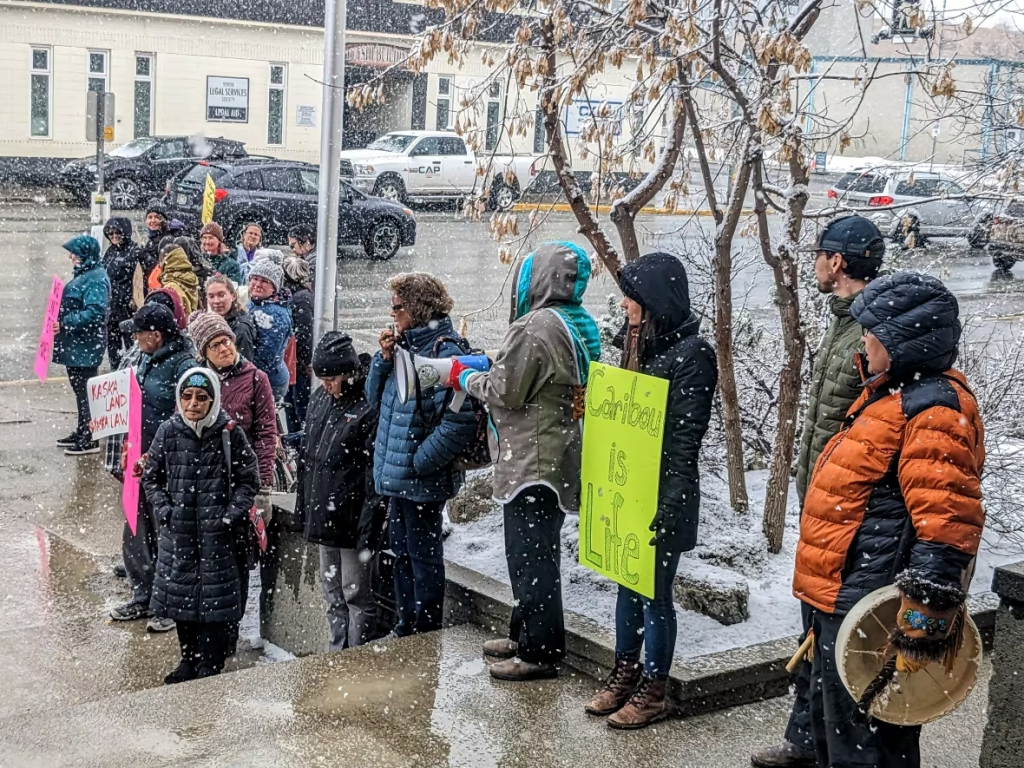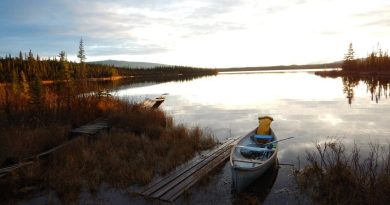First Nation ‘encouraged’ by Yukon court ruling on mine project consultations

Ross River Dena Council asked for judicial review of 2022 approval of Kudz Ze Kayah mine project
A Yukon Supreme Court decision about flawed consultations over a contentious mine project in Kaska traditional territory is being welcomed by First Nations, environmentalists, and the mining company involved.
In a ruling issued last week, Justice Suzanne Duncan found that the Crown largely met its duty to consult First Nations throughout the environmental assessment of the proposed Kudz Ze Kayah mine in southeast Yukon. However, she also found that the Crown failed to give proper consideration to a final, 48-page submission from the First Nations before giving the mine the green light.
“It’s a little bit in our interest that the decision went 50-50,” said Dylan Loblaw, chief of the Ross River Dena Council. The First Nation had asked for the judicial review in 2022, on behalf of the Kaska Nation.
The proposed mine is about 260 kilometres northwest of Watson Lake, Yukon, on Kaska traditional territory.
Kaska Nation submitted a 48-page document on June 14, 2022, that outlined significant concerns around environmental contamination, impacts on people and wildlife, and the loss of an area of deep significance to the Kaska people. That document never received a response from decision makers before the decision document was issued the next day, on June 15, 2022.

Duncan found that issuing the decision a day after receiving Kaska Nation’s submission “was not transparent, intelligible, or justified,” and she ordered that the decision be set aside until Yukon and Canada consult with Kaska representatives about their final submission from June 2022. The consultation is to focus on that written submission.
The meeting must happen within 60 days of the court’s ruling, and a new decision document must then follow within 30 days.
Loblaw believes compromise will pave the way for productive discussions on the mining project.
“The Ross River Dena Council is encouraged that the court set aside the decision of the decision bodies, and we are going to take the opportunity that’s been ordered by the courts,” said Loblaw.
Yukon environmentalists are also cautiously optimistic about the ruling.
“It’s more than a small victory,” said Lewis Rifkind, a mining analyst with the Yukon Conservation Society.
“A lot of the issues raised in the June 14th [2022] submission were to do with environmental issues, particularly revolving around caribou. We’re glad to see that there’s going to be further consultation on this.”
Company ‘committed to making sure this benefits the Kaska’
Allan Nixon, vice-president of external affairs for BMC Minerals, the U.K.-based company behind the Kudz Ze Kayah project, also welcomed the court decision, saying it brought clarity.
“I think what the judgment says is that the government decision bodies did a reasonable job at the consultation, but that they didn’t complete it,” he said, adding that it’s important the First Nation has an opportunity to have its concerns heard.
“We’re committed to making sure this benefits the Kaska, benefits the Yukon and benefits Canada. You know, we will be one of the biggest producers of critical minerals, specifically zinc, in Canada. We think this is a generational opportunity and we’re eager to get moving.”

The Kudz Ze Kayah project has been a source of contention in the Yukon for years.
An assessment of the proposed mine project was carried out by the Yukon Environmental and Socio-economic Assessment Board (YESAB) over a five-year period, beginning in 2017.
“It was very clear in the assessment that there could be significant impacts for the Finlayson caribou herd, and that it could very well cause the herd to decline,” said Randi Newton, conservation manager for the Canadian Parks and Wilderness Society (CPAWS) Yukon.
For Loblaw, past and future generations are at the heart of his concerns.
“We have that responsibility to care for what’s been inherited to us from our ancestors and our elders,” he said. “We take that responsibility seriously. We remain hopeful that we can protect our interests for future generations.”
With files from Caitrin Pilkington
Related stories from around the North :
Canada: Gladiator Metals gets permit to drill within Whitehorse city limits, CBC News
Norway: Norwegian government approves deep-sea mining: “Devastating” say eco-activists, The Independent Barents Observer
USA : Peltola flips script on long-running congressional drama over Arctic drilling, Alaska Public Media



